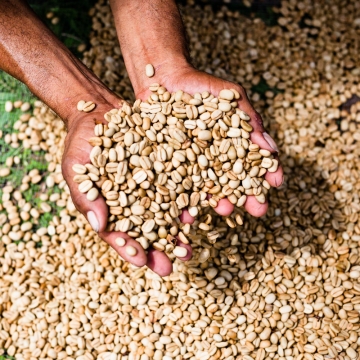Modeling Multiple Adoption Decisions on Agricultural Technologies in Tanzania
This paper examines the determinants of adoption of improved agricultural technologies among smallholder maize farmers in Tanzania. Specifically, it reports the findings of a study that employed a sample size of 1,839 smallholder maize farming households that participated in three consecutive waves of 2008 - 2009, 2010 - 2011, and 2012 - 2013 of the National Panel Survey (NPS). Multinomial probit model was used to examine the factors that influence maize producers to adopt inorganic fertilisers, improved seeds, and herbicides.
